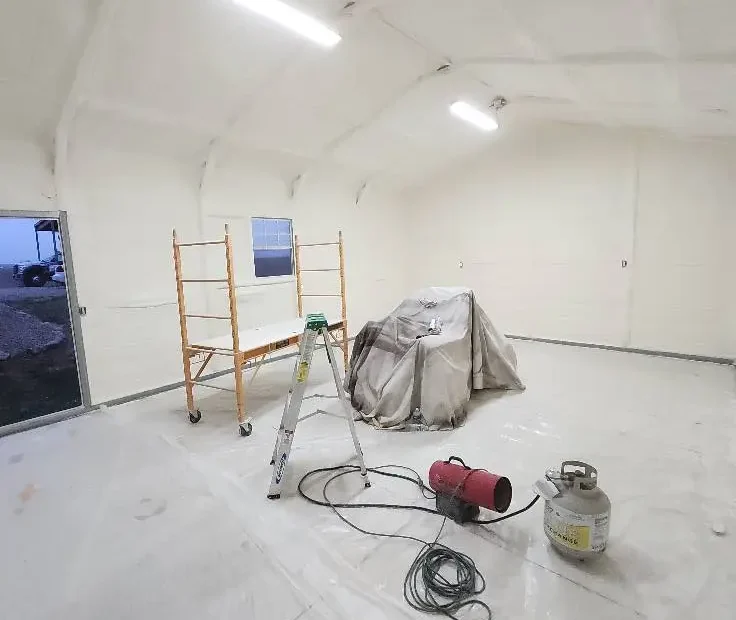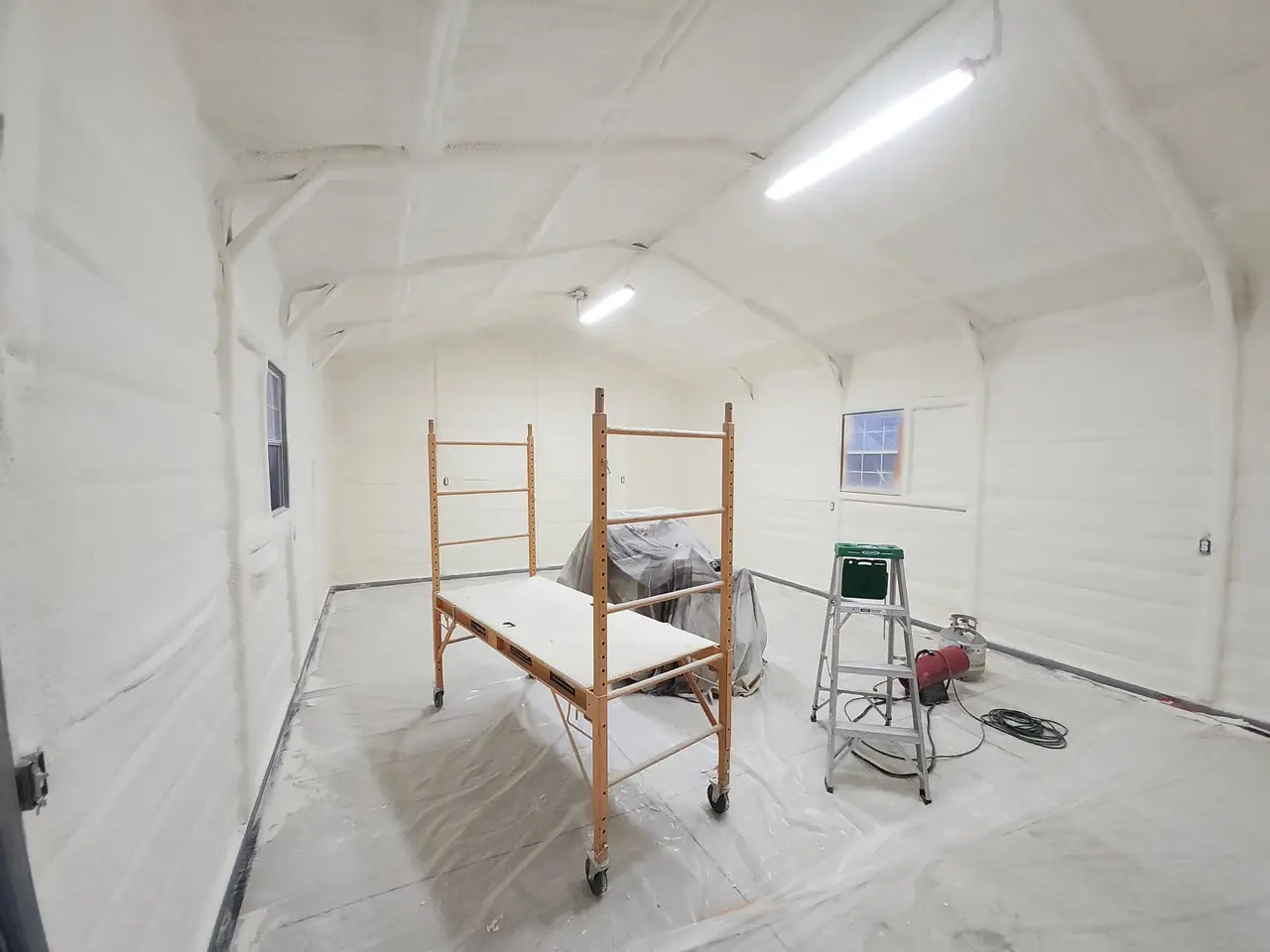In today’s world, where energy conservation and cost savings are paramount, conducting an insulation assessment can be a game changer. Whether you are a homeowner looking to reduce your energy bills or a business aiming for sustainability, understanding the value of insulation is essential. This blog explores the benefits of insulation assessment and how it can lead to significant energy savings and reduced expenses.
Understanding Insulation and Its Importance
Insulation plays a crucial role in maintaining comfortable temperatures in our homes and buildings. With a wide variety of insulation materials available, including fiberglass, foam, and cellulose, each type has its own unique properties. Understanding these options is essential for making informed decisions. For instance, fiberglass insulation is known for its affordability and effectiveness, particularly in attics and walls. On the other hand, spray foam insulation provides superior air sealing, making it a great choice for hard-to-reach spaces.
Additionally, it’s important to note that insulation not only helps in keeping the temperatures consistent but also acts as a sound barrier. Homeowners often overlook this aspect, yet insulation can significantly reduce noise pollution from outside, leading to a more peaceful living environment. As we examine insulation’s multifaceted role in home comfort, it becomes clear that investing time and resources into insulation is a smart choice.
In conclusion, understanding the various types of insulation materials and their significance allows homeowners to make better choices. Efficient insulation is pivotal not just for comfort but also for energy conservation, setting the foundation for lower energy bills and a reduced environmental impact.
What Is an Insulation Assessment?
An insulation assessment is a thorough examination of your property’s insulation efficiency. This evaluation usually involves checking the insulation in various parts of your property, including attics, walls, and crawl spaces. It checks for any gaps or deficiencies that could lead to significant energy losses. A professional assessment ensures that every area is evaluated, and potential problems are identified.
Furthermore, this assessment not only focuses on the insulation materials used but also examines their installation quality. Poorly installed insulation can be just as detrimental as having insufficient insulation. For example, if air is leaking around the edges of your insulation, it can defeat its purpose, leading to increased energy costs and a less comfortable home environment.
Ultimately, understanding what an insulation assessment encompasses helps homeowners grasp the urgency of conducting one. It’s a crucial step in optimizing energy efficiency and ensuring safety, paving the way for informed decisions about additional insulation or improvements.
The Financial Benefits of Conducting an Insulation Assessment
Reducing energy bills directly impacts your wallet. Properly insulated homes are less reliant on heating and cooling systems, which can translate to a significant decrease in monthly expenses. But how much money can you really save? Studies suggest that homeowners can save up to 20% on their energy bills with a comprehensive insulation assessment and strategic upgrades.
This reallocation of financial resources can lead to unexpected advantages. The savings gained from reducing energy costs can be invested elsewhere—perhaps into other home improvements or personal projects. Additionally, homes that are energy efficient and possess adequate insulation tend to have higher market values. When you decide to sell your home, buyers are increasingly interested in energy efficiency, making insulation an attractive feature.
Moreover, many states and local governments offer incentives for those who invest in energy efficiency improvements, including insulation assessments. These could come in the form of tax credits or rebates. Thus, investing in an insulation assessment can be an even more sound financial decision when considering the potential return on investment.
Energy Efficiency and Environmental Impact
Understanding the environmental benefits of insulation is key. By optimizing insulation, homeowners not only reduce energy consumption but also contribute to a decrease in greenhouse gas emissions. The energy saved during heating and cooling processes results in fewer resources being used, which is vital in combating climate change.
Furthermore, sustainable materials used in insulation can also enhance environmental benefits. For instance, cellulose insulation is made from recycled paper products, making it an eco-friendly option. Choosing such materials not only ensures your home is energy-efficient but also reduces the overall environmental footprint of your property.
In the broader context, every small step towards increased insulation contributes to a collective effort for sustainability. With more homes practicing energy efficiency, the cumulative effect can lead to significant reductions in energy demand, aiding the planet’s recovery.
Signs Your Property Needs an Insulation Assessment
There are several indicators that your property may require an insulation reassessment. Noticeable temperature fluctuations within your home or skyrocketing energy bills are often the first signs that something is amiss. If certain rooms are consistently drafty or unbearable, this could suggest insulation issues needing attention.
Additionally, if you’ve recently renovated your home or changed its layout, it might be smart to reassess your insulation. Changes in the home can disrupt insulation and expose areas that weren’t properly insulated. Moreover, if your home is older, it likely has outdated insulation materials that might not meet current energy efficiency standards, making an assessment even more crucial.
Being vigilant to these signs can save homeowners from future expenses associated with energy waste. Timely insulation assessments can help maintain comfort and energy efficiency, ensuring your property remains a cozy sanctuary.
Selecting a Professional for Assessment and Installation
Choosing the right professionals for insulation assessment and installation is crucial. Not all contractors are created equal, and selecting someone who understands both the technical and practical aspects of insulation can make a significant difference in the overall effectiveness of the project.
Start by seeking recommendations from friends or family, and don’t hesitate to check online reviews. A good contractor will possess not just reputable references but also certifications indicating their expertise. Look for professionals who have specialized training in energy efficiency as this will ensure a more comprehensive assessment.
It’s also wise to obtain multiple quotes before committing. This provides an opportunity to assess the different approaches contractors take towards insulation assessments. Consultations can reveal their knowledge and insights into how best to tackle your specific insulation needs.
Lastly, don’t underestimate the importance of communication. A good professional will be willing and able to explain their findings and the recommendations they make. A transparent dialogue fosters trust and ensures that you are on the same page regarding the project goals and expected outcomes.
Embrace Energy Efficiency
In conclusion, an insulation assessment is more than just a home improvement task; it is an investment in energy efficiency and financial savings. By identifying areas for improvement and ensuring your space is adequately insulated, you can enjoy lower energy bills and contribute to a greener planet. Don’t wait—consider an insulation assessment today to start reaping the benefits.

